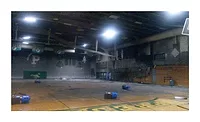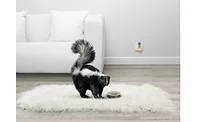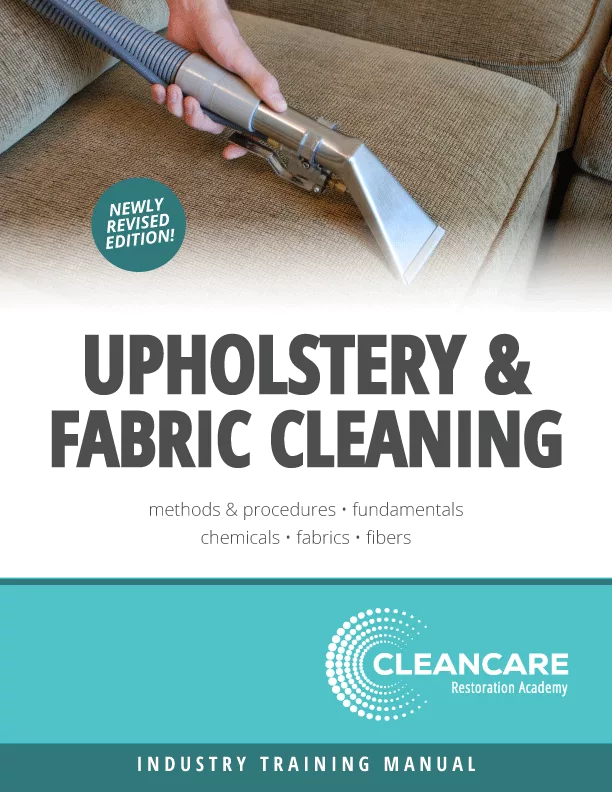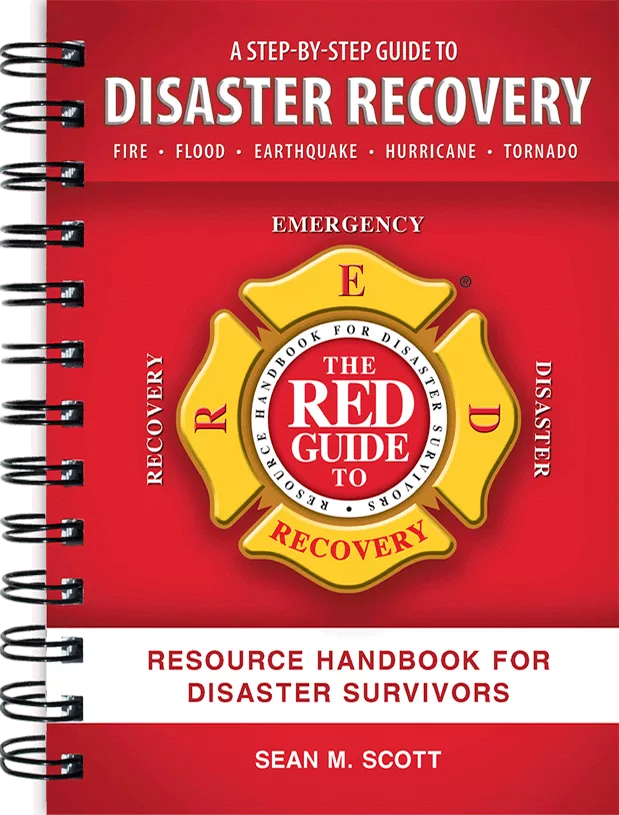Odor Removal Q&A with Annissa Coy

Every week, Annissa answers questions from R&R readers across the U.S. and Canada. In this special article, she sits down with R&R to answer some of our questions (and yours) about odor removal – and how she has truly become a master at odor remediation throughout her years in business.
What is the most memorable odor removal job you’ve ever done?
That’s a tough one as there have been several over the past 17 years that stand out. But the one that is probably the most memorable because it almost cost me thousands of dollars to fix was an oil furnace back draft. We were drying out this beautiful old house full of hardwood flooring from a freeze break. The affected part of the house was just the living room. This house was full (and I mean full) of family heirlooms. Tons of crystal, china, tiffany-type lamps, and other items literally covered every Inch of this 4,500 sq. ft. beautiful home. We had been drying it for about three days and went in on the morning of the fourth day to check the floor with our meters and pull the equipment. When we opened the door the smell of diesel oil hit us so hard it made your eyes water. What we saw when we walked inside was horrifying! Everything in the house was covered in black oily soot that smelled like the inside a diesel gas tank. We immediately called the furnace company and got them out there to check the system. Our concern at this point was did our equipment cause a vacuum that has caused the diesel furnace to back draft into the home and cover it with this awful oily and very smelly soot. Thankfully, it was determined that the cause of the back draft was due to an exhaust pipe being installed the previous winter and it was too small to properly exhaust the house so it was basically a time bomb that decided to explode while we were working on the job. So we cleaned every Inch of the house and contents and ran two hydroxyl units for five days and the odor was gone. So … what was a small dry out turned into a $50 job.
What is your preferred odor removal method for contents?
Odor removal is a multi-step process. After thorough cleaning, I deodorize with hydroxyl. Sometimes we do fogging as well depending on how bad the fire was. The beautiful thing about hydroxyl is you don't have to clean up after it like you do when you fog.
Do you ever use ozone, or is it strictly hydroxyl?
In the past I used ozone because that was really all there was. Now that we have awesome machines like the BossXL, I don't even own an ozone machine anymore. I do not like ozone for many reasons. It is extremely dangerous to humans, plants, natural fibers, and animals. As well as the concern that I have with its ability to cause damage to glues, wood, and leather furniture.
How long, on average, does it take for hydroxyl generators to get rid of the odor in contents from fire jobs?
That really depends on the type of job that it is but I would say on average 2-3 days.
What do restoration contractors need to consider when choosing an odor removal method and equipment for their company?
As I said before odor removal is a multi-step process most times. So you may need to use two or even three methods of removal to deodorize depending on the circumstance. When it comes to choosing what type of equipment to use, you need to do your due diligence and make sure you aren't wasting money in this arena. Talk to others who have purchased the particular equipment and find out how effective they feel it is.
What stumbling blocks should restorers look for when handling odor removal?
Paying attention to details and getting proper training are big stumbling blocks when it comes to removing odor. One of the biggest mistakes I see cleaners make is lack of detail. Your cleaning should pass the white Q-Tip® test. If it doesn't, you didn't clean with enough detail and you could have odor return. Cleaning for odor removal requires proper training as well. Understanding what solutions to use on which odor etc.Anything else?
Don't forget the importance of understanding and eliminating emotional triggers for your client. Be compassionate and know that you could be dealing with Phantom Smell in some instances. This is very real and not just a homeowner trying to scam the insurance company. Just like the other aspects of dealing with a loss, it’s the emotional side that is the toughest even when it comes to odor removal
Looking for a reprint of this article?
From high-res PDFs to custom plaques, order your copy today!








